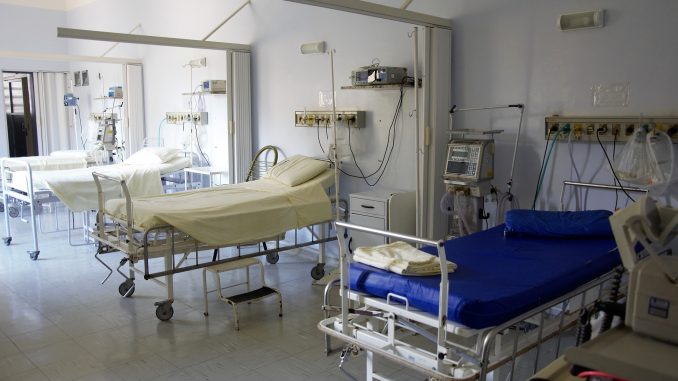
Hospitals in the UK rely on sterilising gowns in order to avoid the spread of deadly superbugs. However, in a new study, it’s been found that, in some hospitals, this process isn’t effective and some gowns may still be carrying superbugs.
In the study, the researchers investigated the effectiveness of the current sterilisation process using disinfectants. They found that in some cases, the common bacterial infection C difficile was still present on single-use gowns, floors, and surfaces.
In the test, the gowns were sterilised using strong disinfectants for 10 minutes. This is in line with the current guidelines, set out by the Department of Health.
However, the researchers found that C difficile bacteria, despite being able to form spores, was able to contaminate the gowns after a short period of exposure. This has added to growing concerns about bacteria becoming resistant to antibiotics.
Dr. Tina Joshi, a microbiologist and lead researcher on the study from the University of Plymouth said: “The spores of the bacteria were able to grow after decontamination. This shows that spores are becoming resistant – and we need to reconsider how we decontaminate and employ hygiene measures in hospitals.”
“In an age where infections are becoming resistant to antibiotics, it’s worrying to think that other bacteria are becoming resistant to biocides. C difficile is a really nasty superbug and it’s so important that hospitals stop it from spreading.”
“This study shows that, even when we think an item has been suitably cleaned, it hasn’t been necessarily – 1,000 parts per million of chlorine just isn’t enough as the bacteria survived and grew after disinfection.”
At the moment, hospitals rely on disinfectant to stop bacteria spreading, as it could build up on surfaces and cause infections in vulnerable patients. This research could result in higher concentrations of disinfectants being used, or other safety precautions being put in place, like patients being asked not to wear gowns outside.


Leave a Reply